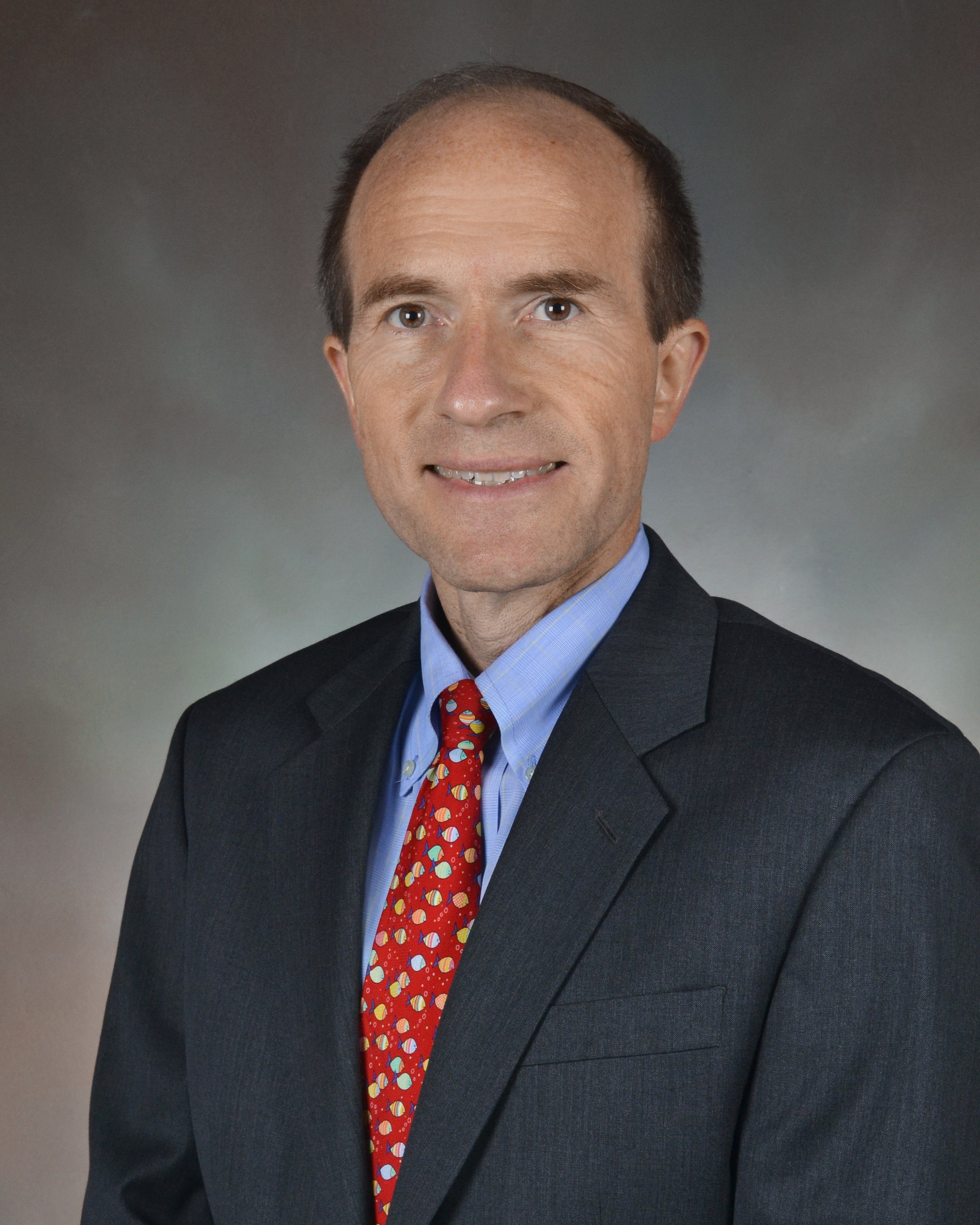Welcome to Research Panel Series
Panel 3 Highlights: Constructing an Abstract for a National Conference
Written by Arhum Saleem and Akshar Patel (Education Committee members)
Panelists
Highlights
Helpful Links for Applicants
Of course, this was not all the information discussed in the panel. We encourage any student interested in orthopedic surgery to attend the next panel to gather more advice. The next panel “Let’s Talk About Research Years” will be held on Zoom, Thursday, December 15th from 8-9PM ET. Registration for the next panel opens on Monday, November 14th on Twitter and Instagram (@MSOSOrtho). As a reminder, the panel recordings will not be posted, so please join us live.
“The two most important sentences in an abstract are the topic sentences to your introduction and discussion. Those two sentences have to be brief, succinct, but really attention grabbing. While these sentences require the most creativity, be brief but relevant.” -Leesa Galatz, MD, MBA
“Writing an abstract is a great way to become more engaged in the profession you are interested in pursuing as a career. It’s an opportunity to dive into much more detail on a single topic and to converse with residency and fellowship directors.” - Paul Sponseller, MD, MBA, FAOA
“A big part of getting your abstract accepted is taking a unique angle that brings an insightful contribution to the field.” -Kevin Wang, MD
“When submitting a project to a conference, I don’t think of the project but rather the deadline. I make sure to have a calendar with deadlines, timeline, next steps, and edits so that the rest of the team is ready to go.” -Claire McDaniel, MD, MBA
“One challenge with writing an abstract is being succinct. It’s important to find what components of your research you want to convey because projects are often multi-layered. The take-home point to your abstract is key. It should be interesting enough to capture the reviewers’ attention. Have multiple people read your abstracts for feedback.” - Pradip Ramamurti, MD
“When submitting an abstract, tell a comprehensive story. The reader has to make sense of the flow of your research, the question you are asking, and the answer you are giving. Having easily digestible figures and tables can really help.” -Kevin Wang, MD
“Many conferences have specific guidelines as to how they want their abstracts formatted. It’s really important to tweak the abstracts to the specific conferences you are applying to.” - Claire McDaniel, MD, MBA
“An abstract reviewer may have 1000 abstracts to review. Think of writing an abstract as competing for their attention. Transmit the importance of your abstract in the title, introduction, and conclusion. Readers should be able to clearly see the relevance of your work. Get the abstract done ahead of time so you have time to polish your work and get it reviewed by mentors.” - Paul Sponseller, MD, MBA, FAOA
“Make sure you read your abstract multiple times. I have seen grammar errors or inconsistencies between methods and results. This can get your abstract discarded pretty quickly by a reviewer.” - Pradip Ramamurti, MD
“By presenting at a conference, you get a lot of great feedback, which enhances your ability to write a great manuscript. It’s also an opportunity to go to a conference and meet your peers and residency program mentors.” - Leesa Galatz, MD, MBA
Dr. Paul Sponseller is the chief of the Division of Pediatric Orthopaedics at the Johns Hopkins Children's Center and a professor of orthopedic surgery at the John Hopkins School of Medicine. He is the Deputy Editor for pediatrics for The Journal of Bone and Joint Surgery. Dr. Sponseller's research interests include Marfan syndrome, pediatric spinal deformities, pediatric skeletal trauma and bladder exstrophy.
Dr. Leesa Galatz serves as the chair of the Department of Orthopedic Surgery for the Mount Sinai Health System in New York. She specializes in Shoulder and Elbow Surgery, with expertise in Sports and Reconstructive procedures. Her primary research interests include the basic science of rotator cuff disease and tendon healing as it pertains to cuff repair.
Dr. Claire McDaniel is a PGY-3 at Johns Hopkins, who recently completed a research year focusing on studying labor economics within the orthopaedic surgery community. She bleeds Hoya blue, loves running with her dog, managing the Hopkins Orthopaedics Instagram, and traveling the world with her husband.
Dr. Pradip Ramamurti is currently a PGY-2 at the University of Virginia. He attended the University of Maryland for undergrad and George Washington University for medical school. He enjoys golfing, hiking, traveling, and recently completed a half marathon.
Dr. Kevin Wang studied biomedical engineering at Northwestern University before attending Northwestern University medical school. He spent one year during medical school as a research fellow at Rush University where he co-authored over 20 publications. Now a chief resident at Mount Sinai, he will be doing a sports medicine fellowship at UCSF next year.
Overview
The “Constructing an Abstract for a National Conference” panel was the third panel hosted by the MSOS Education Committee as part of the research panel series “Welcome to Research”. The purpose of this panel was to gather advice from our expert panelists on how to write a strong abstract that will stand out to reviewers. We were honored to have these panelists discuss their thoughts.





